Pets enrich our lives as companions, confidants, and cherished family members. The bond we form with them is profound and deeply emotional. They bring joy, companionship, and unconditional love into our lives, becoming an integral part of our daily routines, celebrations, and quiet moments.
Facing the Challenge of Saying Goodbye
However, a time comes when we must confront the difficult decision of saying goodbye to a pet. This moment, filled with emotion and uncertainty, challenges us. Whether it's saying goodbye to your dog or saying goodbye to your cat, the process is equally heart-wrenching. This difficult farewell underscores the deep bond we share with our pets and reminds us of their significant role in our lives.
Recognizing the Signs: When to Say Goodbye to Your Dog or Cat
Responsible pet ownership involves understanding when it's time to say goodbye to a pet. This understanding comes from recognizing a decline in your pet's quality of life. Physical and behavioral changes can signal that your pet may be suffering. These changes, often subtle, serve as the first signs that your pet is struggling.
A. Identifying Changes in Your Pet's Behavior
Changes in your pet's behavior can provide important clues about their wellbeing. For example, a dog that once loved to play fetch may lose interest in their favorite game. A cat that was meticulous about grooming may stop. Witnessing these changes in behavior can be difficult, but they are crucial in determining when to say goodbye to your dog or cat.
B. Changes in Eating Habits
A noticeable change in your pet's eating habits can be a sign of discomfort or illness. This could be eating less than usual, showing no interest in food, or even overeating.
C. Changes in Sleeping Patterns
Pets nearing the end of their life often sleep more than usual. If your pet is sleeping all day and all night, or if they seem unusually lethargic, it may be a sign that they are not feeling well.
D. Difficulty in Movement
If your pet is having trouble standing, walking, or moving around, it could be a sign of pain or discomfort. This is especially true if your pet was previously active and is now reluctant to move.
E. Changes in Body Weight
Unexplained weight loss or weight gain can be a sign of a serious health issue. If your pet is losing weight rapidly or gaining weight without a change in diet, it's important to consult with a veterinarian.
F. Changes in Attitude or Behavior
If your pet seems unusually aggressive, anxious, or depressed, it could be a sign that they are not feeling well. Changes in attitude or behavior can be subtle, but they are often an indication of discomfort or illness.
Recognizing these signs is the first step in determining when to say goodbye to your dog or cat. It's important to consult with a veterinarian if you notice any of these changes in your pet. They can provide guidance and help you understand what your pet may be going through. There are many reasons why these changes may occur, and a lot of them are not life threatening, so be sure to see your vet before assuming the worst. However, if it is time, saying goodbye to your pet is an extremely challenging time, and you’ll need some help getting through it.
How to Say Goodbye to Your Dog or Cat: A Compassionate and Practical Guide
When a veterinarian suggests euthanasia as the best choice for your pet, it's often because your pet's quality of life has significantly declined, and they are in pain or discomfort that cannot be alleviated. This advice comes from their expert assessment of your pet's health condition. Their guidance becomes invaluable when it comes to saying goodbye to your dog or cat. They help you understand your pet's condition, discuss potential treatments, and guide you through the decision-making process.
Understanding Euthanasia as a Compassionate Choice
Euthanasia, despite its daunting nature, often emerges as a compassionate choice to prevent further suffering. It's natural to feel guilt or shame when considering this option. But it's important to remember that this decision aims to provide your pet with a peaceful end and prevent unnecessary pain.
Planning a Peaceful Goodbye
Once the decision is made, planning a peaceful goodbye can help make the process less stressful for both you and your pet. This could include choosing a quiet and comfortable space for the procedure, having family members present to say their goodbyes, or even playing your pet's favorite music.
Creating Lasting Memories
Consider creating lasting memories with your pet before the final goodbye. This could be taking a walk in their favorite park, giving them their favorite meal or a special treat, or simply spending quality time with them. You could also consider making a paw print keepsake or taking a family photo.
Saying Goodbye
When the time comes, stay calm and composed for your pet. Speak to them softly, hold them, let them know they are loved. It's okay to cry and express your emotions. This is a difficult time, and it's important to allow yourself to feel.
Aftercare for Your Pet
After your pet has passed, you can choose to bury or cremate them. Some people choose to keep their pet's ashes in a special urn, while others may prefer to scatter the ashes in a meaningful location. Remember, there's no right or wrong way to honor your pet. It's about what feels right for you.
Remember, saying goodbye to your pet is one of the most difficult parts of pet ownership. It's a testament to the deep bond and love shared with your pet. And while it's a painful experience, it's also an act of love, ensuring your pet doesn't suffer.
Utilizing the End-of-Life Scale: A Practical Approach to Saying Goodbye to Your Pet
The decision to say goodbye to a pet is never easy. However, tools like Dr. Villalobos' end-of-life scale, also known as the HHHHHMM Scale, can provide guidance during this difficult time. This scale provides a systematic way to assess your pet's quality of life, helping pet owners make informed decisions about when to say goodbye to their dog or cat.
Understanding the End-of-Life Scale
The end-of-life scale, or the HHHHHMM Scale, stands for Hurt, Hunger, Hydration, Hygiene, Happiness, Mobility, and More Good Days Than Bad. This scale can help you quantify your pet’s experience and understand when saying goodbye to a pet is best for them.
-
Hurt: Is your pet in pain and not responding to medication?
-
Hunger: Is your pet eating enough? Can proper nutrition be provided through hand-feeding or a feeding tube?
-
Hydration: Is your pet dehydrated? Can fluids be provided subcutaneously or intravenously?
-
Hygiene: Can your pet keep them self clean? Are they able to use the bathroom without assistance?
-
Happiness: Does your pet express joy and interest? Are they responsive to things around them (family, toys, etc.)?
-
Mobility: Can your pet move around on their own or with assistance?
-
More Good Days Than Bad: Do the good days outnumber the bad?
By considering these factors, pet owners can make decisions that prioritize their pet's wellbeing. It's important to consult with a veterinarian when using this scale, as they can provide additional insights and guidance.
A Compassionate and Dignified Farewell: Saying Goodbye to Your Dog or Cat with Love
When the time comes to say goodbye to a pet, it's essential to do so with compassion and dignity. There are several options available that can provide a peaceful and loving farewell for your beloved pet.
Choosing In-Home Euthanasia Services
One such option is in-home euthanasia services. This allows your pet to remain in a familiar and comfortable environment during their final moments. It's a peaceful and loving way to say goodbye to your dog or cat.
Sedation-First Euthanasia
Sedation-first euthanasia is a method where the pet is first sedated to relieve anxiety and discomfort before the euthanasia procedure. This ensures a peaceful and painless transition for your pet.
Veterinary Hospice Care
Veterinary hospice care is another option. This service provides end-of-life care for your pet in the comfort of your home, focusing on managing your pet's pain and maintaining their quality of life as much as possible.
Natural Death
In some cases, pet owners may choose to let their pet pass naturally at home. This should only be considered if the pet is not in severe pain or distress. It's important to consult with a veterinarian to ensure your pet's comfort and dignity during this process.
Pet Funeral or Memorial Service
Some pet owners choose to hold a funeral or memorial service for their pet. This can provide closure and a chance to celebrate your pet's life. It can be a simple family gathering or a more formal event.
Each of these options offers a compassionate and dignified way to say goodbye to your pet. The choice depends on your pet's condition, your personal beliefs, and what you believe is the best for your pet. Always consult with a veterinarian or a pet loss professional to guide you through this process.
Honoring and Memorializing Your Pet: Cherishing Their Memory
After saying goodbye to your pet, finding ways to honor and memorialize them can be a therapeutic part of the grieving process. There are many ways to keep your pet's memory alive, from simple acts of remembrance to personalized tributes.
Simple Acts of Remembrance
Honoring your pet's memory can be as simple as sharing stories about your pet with loved ones, creating a photo album, or setting up a special place in your home where you can remember your pet. These acts of remembrance can provide comfort and serve as a reminder of the love and joy your pet brought into your life.
Creating Personalized Tributes
Personalized tributes can provide a lasting memory of your beloved pet. You could consider getting a few custom pet products, including plush clones, custom mugs, or even pajamas made with your pet's image. These tributes serve as a tangible reminder of the love you shared with your pet, and are sure to bring a smile to the dark days of grief.
Memorializing Your Pet in Your Garden
Creating a memorial garden is another way to honor your pet. This could involve planting a tree or a favorite flower in your pet's memory. Each time you see the tree or flower, you'll be reminded of your pet.
Donating to an Animal Charity
Donating to an animal charity in your pet's name is a meaningful way to honor your pet. This act not only memorializes your pet but also helps other animals in need.
Hosting a Memorial Service
Hosting a memorial service or a celebration of life for your pet can provide closure and a chance to share memories with loved ones. This can be a simple family gathering or a more formal event.
Conclusion: The Journey of Saying Goodbye to Your Pet
The journey of saying goodbye to a pet is filled with emotion, from that first inkling that something is wrong to the difficult decision of when to say goodbye. It's a journey that requires compassion, understanding, and love. Give yourself time and space to grieve.
Trusting Your Instincts and Seeking Guidance
Throughout this journey, it's important to trust your instincts and seek guidance when needed. Whether it's from a veterinarian, a support service, or loved ones, don't hesitate to reach out for help.
The Enduring Love and Memories Shared with Pets
Finally, remember that the love and memories shared with your pet will endure. Even after saying goodbye, the bond you shared with your pet remains, a testament to the role they played in your life. Saying goodbye to a pet is one of the most difficult situations you will experience, but take solace in knowing that you have loved your furry friend well and that you gave them a life filled with joy. Mourn them, but don’t forget to cherish the beautiful moments that you shared.

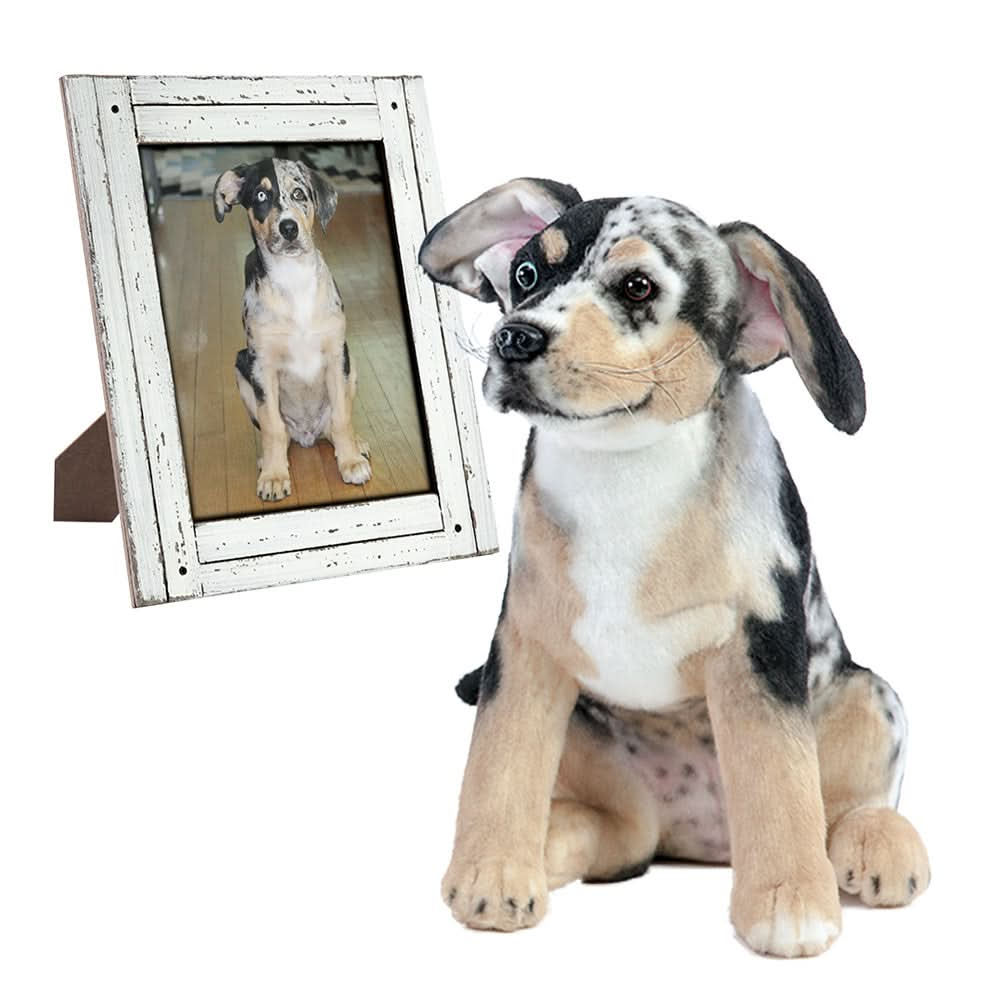


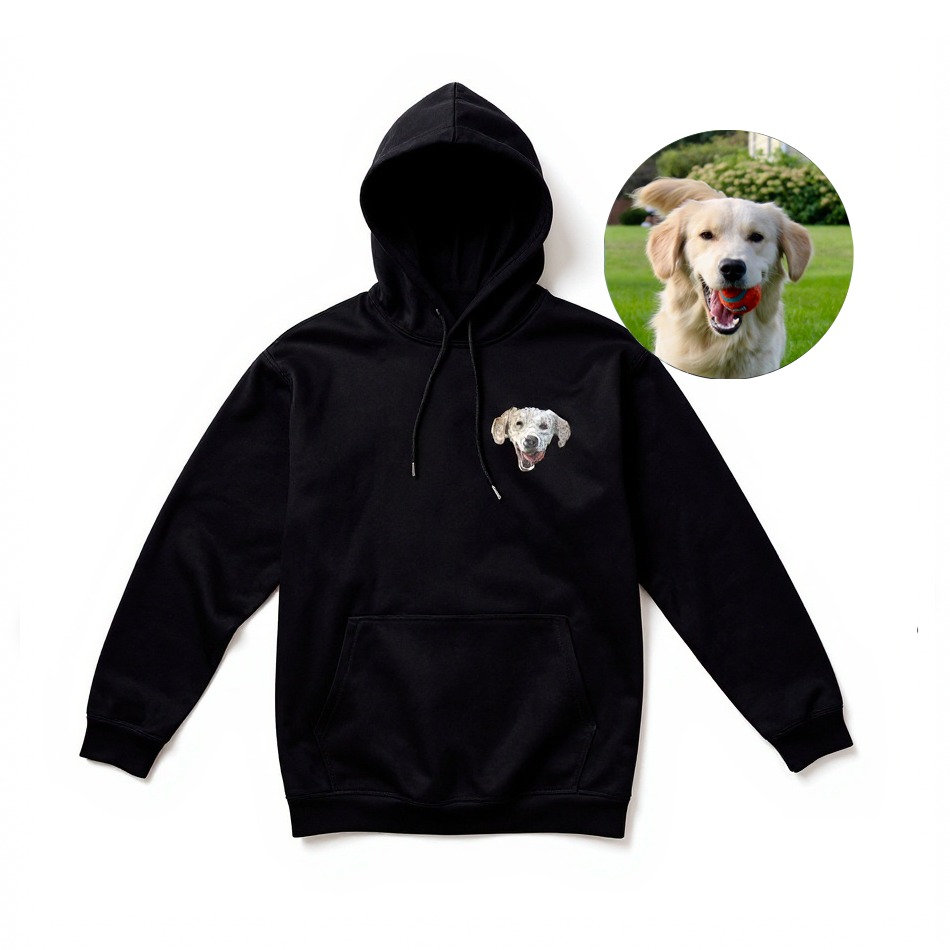
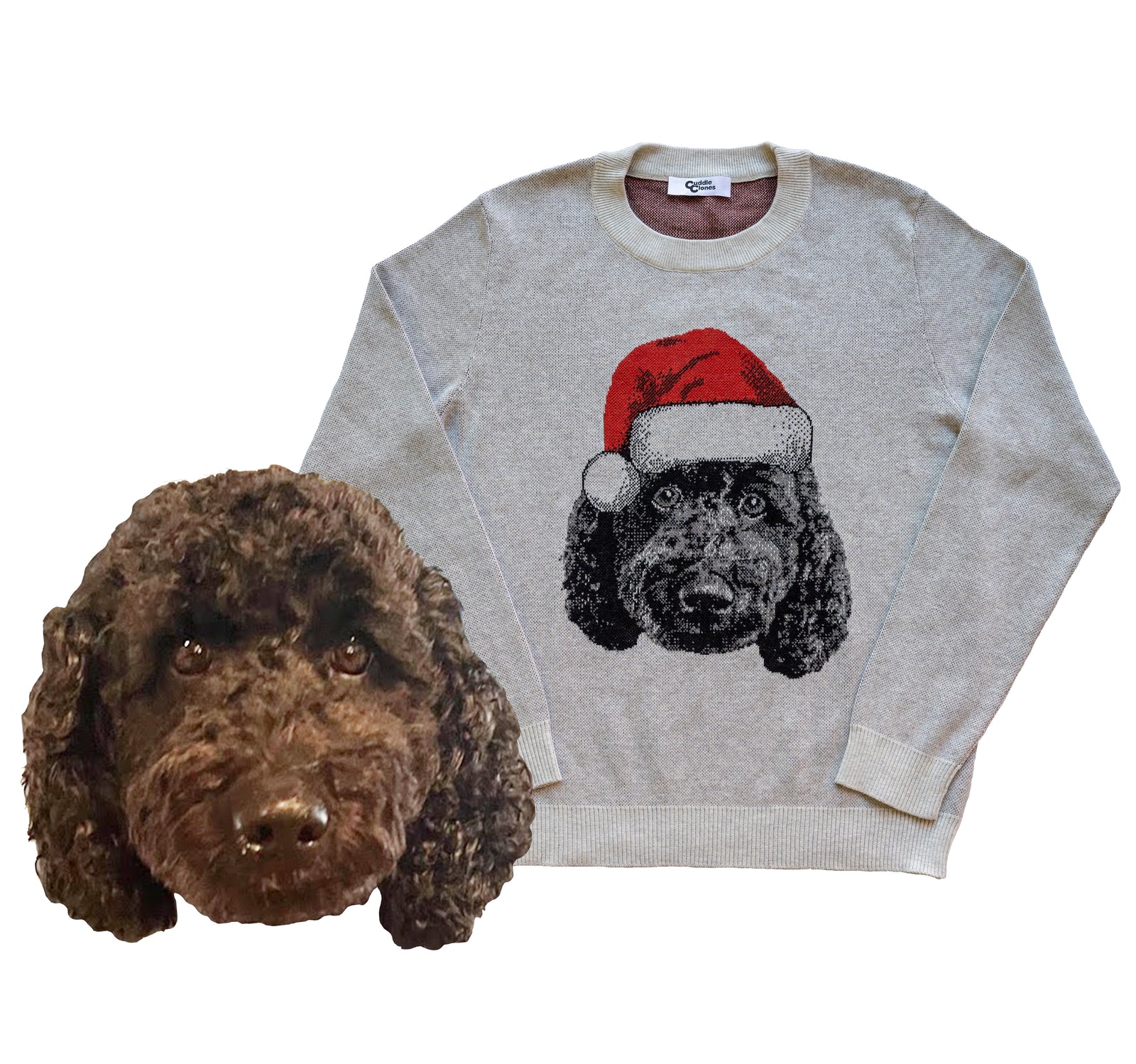


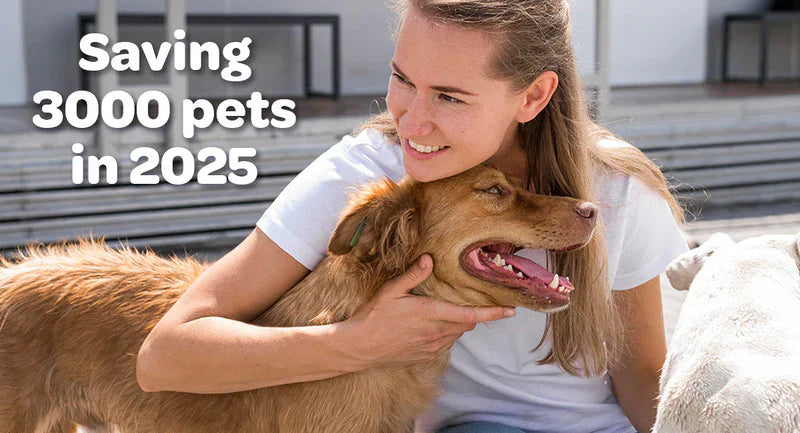
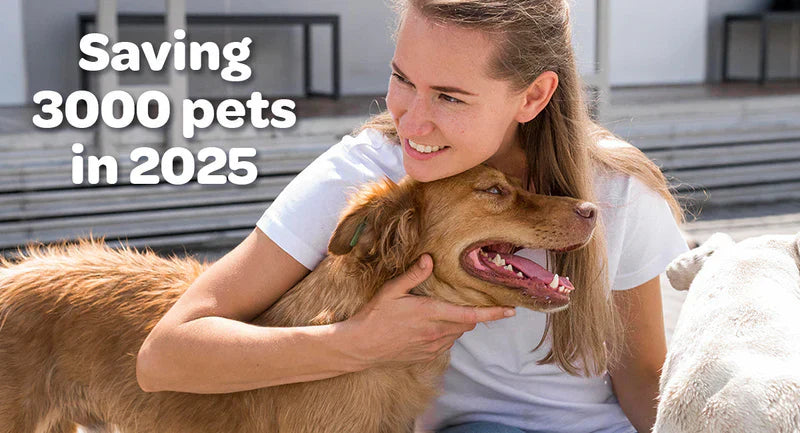
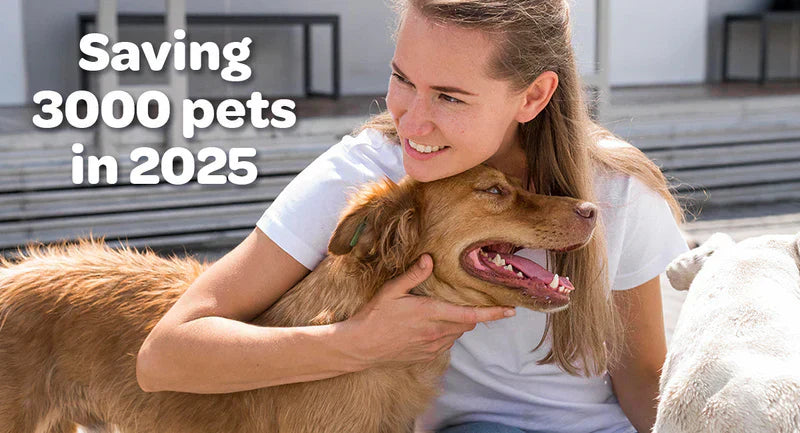
Laisser un commentaire